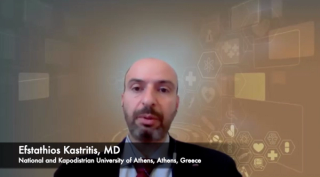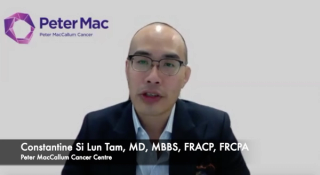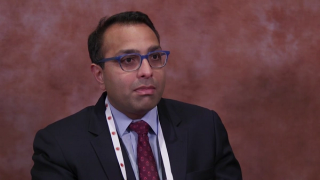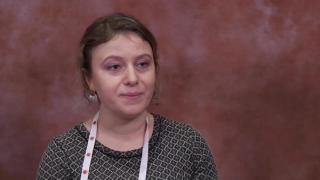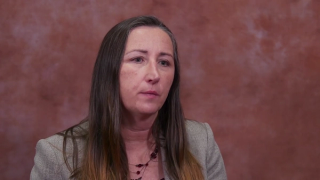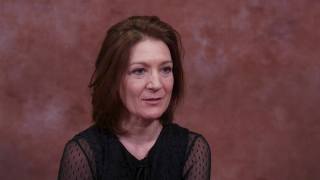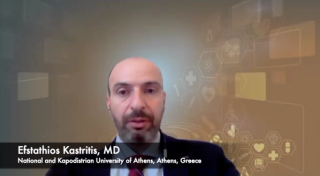
Hematologic Oncology
Latest News

Latest Videos

CME Content
More News
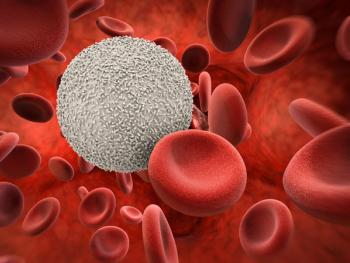
Depression and anxiety notably impact how patients with hematologic malignancies view clinical studies.
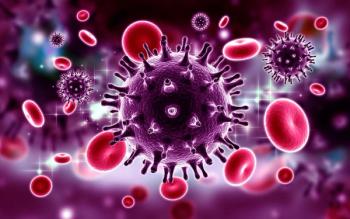
Investigators noted that patients with acute myeloid leukemia, acute lymphoblastic leukemia, and myelodysplastic syndrome who were diagnosed with COVID-19 were more likely to experience COVID-19 mortality vs non-cancer patients.
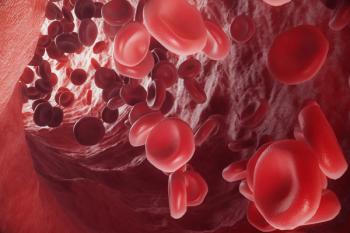
Orca-T improved efficacy outcomes over standard of care therapy for patients with serious hematologic malignancies.

A United States indication for duvelisib in previously treated relapsed/refractory follicular lymphoma has been voluntarily withdrawn by developer Secura Bio following an assessment of the drug and subsequent consultation with the FDA.

The FDA has approved rituximab plus chemotherapy for previously untreated pediatric CD20-postive diffuse large B-cell lymphoma, Burkitt lymphoma, Burkitt-like lymphoma, and mature B-cell acute leukemia following results from the phase 3 Inter-B-NHL Ritux 2010 study.

Cell therapy omidubicel, designed for patients with hematologic malignancies who are undergoing allogeneic stem cell transplant, will be submitted to the FDA for approval in 2022.
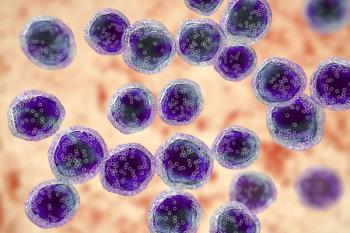
The single-cell functional precision medicine treatment, an artificial intelligence strategy helps to create therapies for patients with hematologic cancers.

Older patients undergoing treatment for B-cell malignancies who contracted the COVID-19 virus were at an increased risk of death vs patients with other cancers under the age of 60 years.

The FDA issued a complete response letter to the company responsible for developing narsoplimab because of the inability to estimate treatment effects on patients receiving hematopoietic stem cell transplant–associated thrombotic microangiopathy.
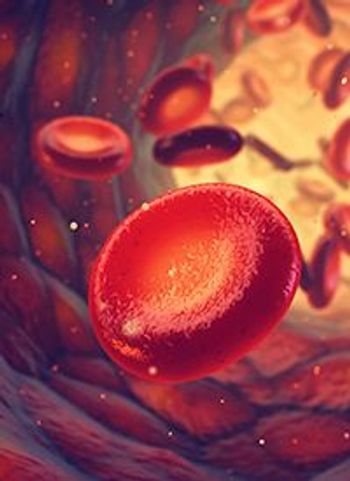
There remains a therapeutic challenge with understanding and treating patients with accelerated myeloproliferative neoplasms.
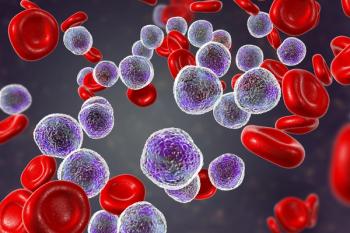
Findings from the phase 1 CARBON trial indicated that patients with relapsed/refractory CD19-positive B-cell malignancies may benefit from CTX110 CAR T-cell therapy.

Results from a cohort study found that the rate of late mortality has decreased over the last 40 years for patients who transplantation at a younger age or who received a bone marrow transplant.

Clinical trials featuring rusfertide may resume dosing patients after the FDA lifted a full clinical hold on the therapy’s clinical studies.

Patients with high-risk polycythemia vera had a worse survival probability at 4 years compared to patients with low-risk disease.

Patients with chronic graft-versus-host disease who have received prior therapy can now receive treatment with ruxolitinib following its approval by the FDA.

The latest episode of the ASTCT Talks episode features a discussion from Andrés Gómez De León, MD, and Perla Colunga, MD, on outpatient haploidentical stem cell transplantation.

Zanubrutinib has been approved by the FDA for the treatment of patients with Waldenströms macroglobulinemia based on the results of the phase 3 ASPEN trial.

Patients with hematologic malignancies may be at a higher risk for breakthrough infections following full COVID-19 vaccination.

Priority review for a biologics license application for prophylactic abatacept has been granted by the FDA to help prevent the occurrence of severe graft-versus-host disease for patients undergoing hematopoietic stem cell transplant from an unrelated donor.

Muhamed Baljevic, MD, considers the role of autologous stem cell transplantation for light chain amyloidosis in a peer perspective accompanying an article by Iuliana Vaxman, MD, and Angela Dispenzieri, MD.

On this CancerNetwork® podcast, we examine the scientific evidence behind the National Comprehensive Cancer Network guidelines for hematologic malignancies.
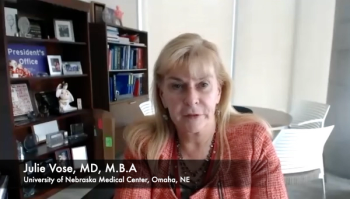
Julie Vose, MD, MBA, a professor of internal medicine in the Division of Oncology and Hematology at the University of Nebraska Medical Center, discusses novel treatment options for patients with hematologic malignancies at the 2021 American Society of Clinical Oncology Annual Meeting.

Patients with hematologic malignancies and COVID-19 may experience a survival benefit after receiving convalescent plasma therapy.
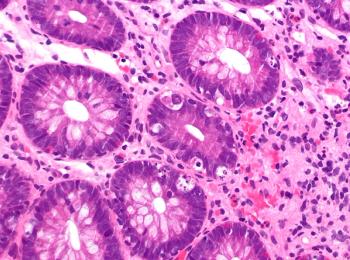
Compared with a control therapy, ruxolitinib increased overall response and improved failure-free survival for patients with glucocorticoid-refractory or -dependent chronic graft-versus-host disease.

The ROCK-2–targeting agent belumosudil is now approved by the FDA to treat adult and pediatric patients with chronic graft-versus-host disease after 2 prior lines of therapy.






